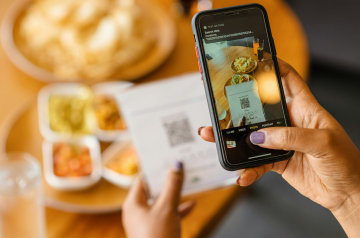
No countries for old coins
This post looks how the electronic payments are developing around the world.
3 min read
It’s no secret that Austria and Germany aren’t exactly on the cutting edge when it comes to enabling a “cashless way of life.” Which begs the question - who is? The answer takes us to six locations around the globe.Let’s start with an emerging market: Kenya. Some of the things we work ourselves into a lather about in Europe, like paying by smartphone and sending MoneyBeams, have long been par for the course in Africa.One of the market leaders is the Kenya-based M-Pesa, which once again proved that necessity is the mother of invention. In underbanked Kenya, it was customary to wait for hours at banks and utility companies in order to pay bills in cash . M-Pesa identified a clear demand for an alternative payment method. Thanks to the high smartphone penetration rate in Kenya, it didn’t take long for the payment service to gain a foothold in the marketplace. M-Pesa allows payments to be sent easily over SMS, a welcome relief for Kenyans concerned about the safety of carrying around large sums of cash.On the other side of the pond, The Amis are driving lots of mobile payment innovation. Leading the field in social payments is VENMO - which has to compete, by the way, with social networks like Google, Facebook and even Snapchat as they also enter the payment field.While credit cards are beloved in America, they’re not immune to disruption. So it shouldn’t come as a surprise that companies like COIN (delayed launch and early technological miscalculations aside) have managed to shake up the market. COIN offers an app that allows users to manage their different cards on one platform - think of it as a “meta” credit card.But it’s not just electronic transfers and new credit card technology that are redefining the landscape. Crypto-currencies like Bitcoin offer another alternative to cash, and it’s not just being used for e-commerce. Check out how mom-and-pop shops in the USA are now turning their focus to Bitcoin (and away from cash).The city-state is seen as a pioneer in innovative technology. And while cash still plays a nominal role in normal day-to-day transactions, it’s the electronic payments that put Singapore, together with South Korea and Japan, at the forefront in Asia.Plenty of what we are just now discovering in Europe has been the payment standard in Singapore for almost a decade. That’s especially true for contactless payments with NFC technology. Just stroll down any street in Singapore and you’ll hear the telltale beep emanating from the toll and parking sensors that every scooter and car must have installed.We would be remiss if we didn’t mention one of the biggest economies in the world. Cash in China is still king, but mobile payments have carved out quite a niche for themselves, with Alipay (from global e-commerce powerhouse Alibaba), Baidu Wallet and Tencent generating over a trillion dollars annually in TPV (total payment volume). The sheer strength of its numbers places China among the world leaders in this category.Scandinavia - and Sweden in particular - has established itself as a utopia for those who like it cashless. Stockholm-based German VC Simon Schmincke raved at the ease with which he could pay with mobile. Media like the New York Times reported that even church donations can be processed without having to reach for paper crowns.Turkey is one of the world leaders in plastic payments - a total of 54 million credit cards in circulation puts Turkey in the second spot European-wide (trailing only the United Kingdom) in terms of electronic payment methods.
Kenya
USA
Singapore
China
Sweden
Turkey
Find similar stories
BY N26Love your bank
Related Post
These might also interest youTECHNOLOGY & SECURITYHow N26 will contact you — and how we won’t Scammers and fraudsters may pose as representatives of N26 to try to steal customer data. Here, we dive into how N26 will and won’t contact you, so that you can spot the scams.
10 min read
TECHNOLOGY & SECURITYWhy every day is April Fools’ Day for fraudstersToday’s scams look, sound, and feel real — until your money disappears. Here’s how to keep your finances safe.
5 min read
TECHNOLOGY & SECURITYHow scammers are using QR codes to steal your dataNot all QR codes are harmless. Here’s what to look out for to avoid falling for a “quishing” scam.
4 min read



